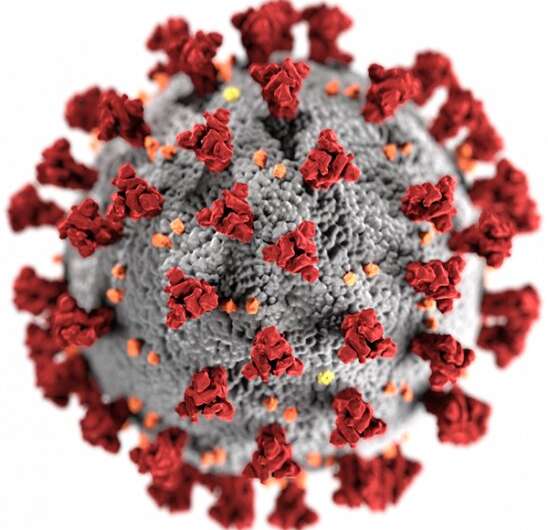
Germany’s daily toll of new COVID-19 cases topped 100,000 for the first time on Wednesday, according to data from the country’s public health agency.
Europe’s biggest economy recorded 112,323 new infections over the past 24 hours and 239 fatalities, the Robert Koch Institute said.
The weekly incidence rate reached 584.4 new infections per 100,000 people over the past seven days.
Germany has introduced some curbs to cut contamination, limiting access to bars and restaurants to people who have received their booster jabs or who are tested on top of being fully vaccinated or recovered.
Contact restrictions are also in place keeping private gatherings to 10 people, or two households if an unvaccinated person is present.
Germany’s record rise in coronavirus cases comes as Omicron has become the dominant variant, accounting for more than 70 percent of new infections.
Health Minister Karl Lauterbach said the true number of infections could be up to two times higher than the official figures.
Numbers will likely continue to rise, peaking in around “mid-February”, he told the RTL broadcaster.
Other European countries are also battling soaring Omicron rates, with neighbouring France recently averaging around 300,000 cases daily.
German Chancellor Olaf Scholz is seeking to introduce compulsory vaccinations to ramp up the immunity of the 83-million-strong population, of which 60 million are fully vaccinated.
But resistance has been growing in the country where the BioNTech-Pfizer vaccine was first developed, with the business-friendly FDP party—junior partners in his coalition—casting doubt on the project.
Hundreds, at times thousands, of protesters have also been taking to the streets to rail against the government’s COVID strategy and planned vaccine mandate.
Despite the dissent, Scholz insisted that vaccinations are necessary.
Source: Read Full Article
